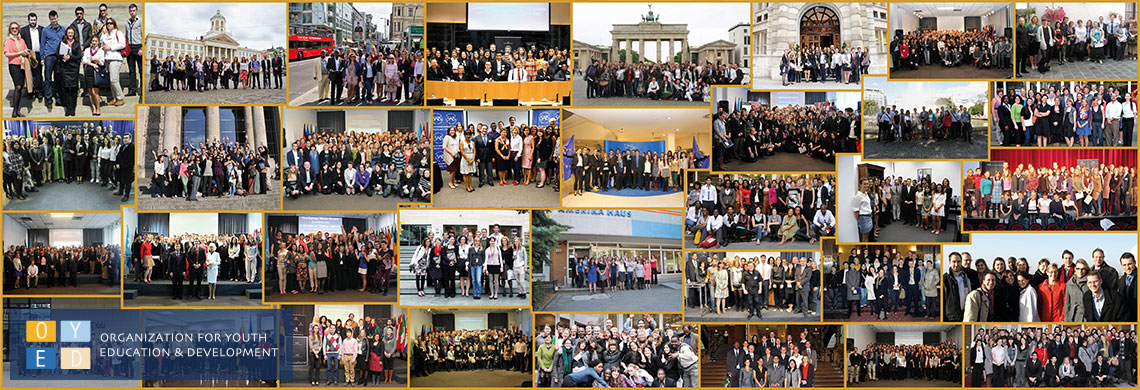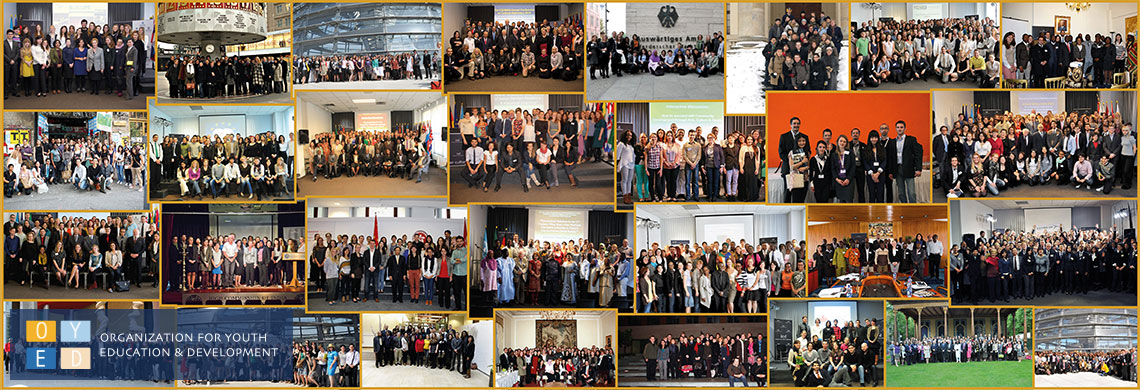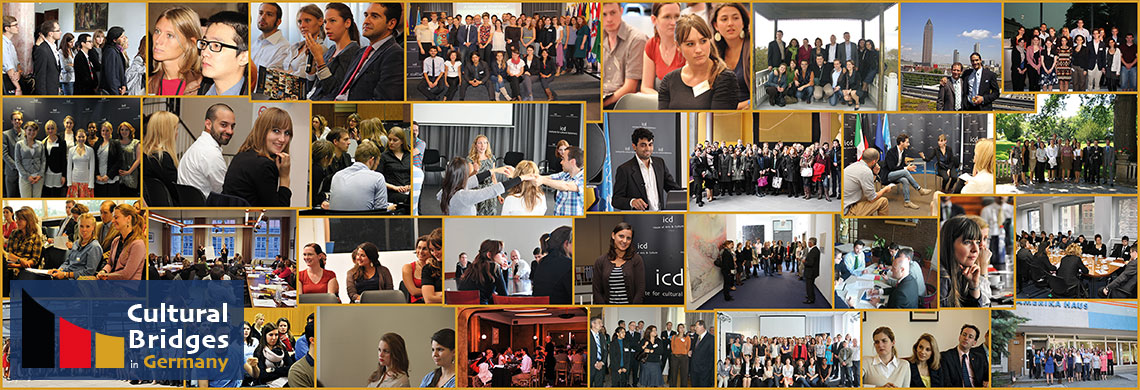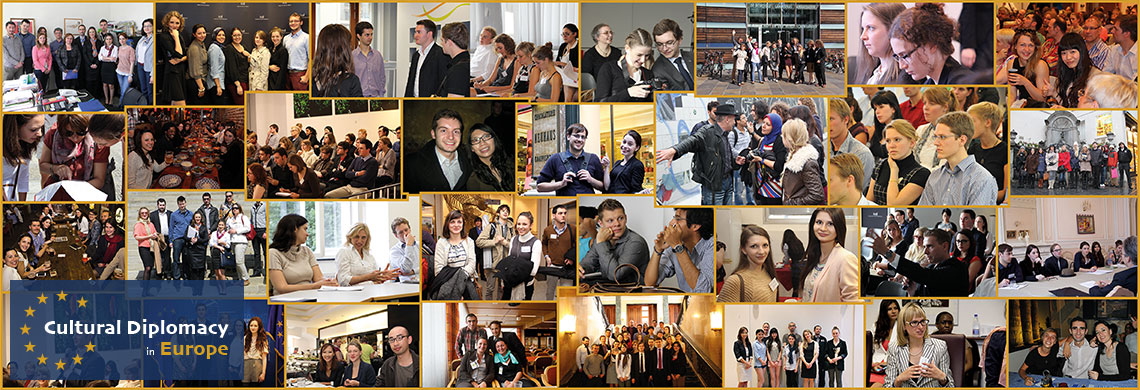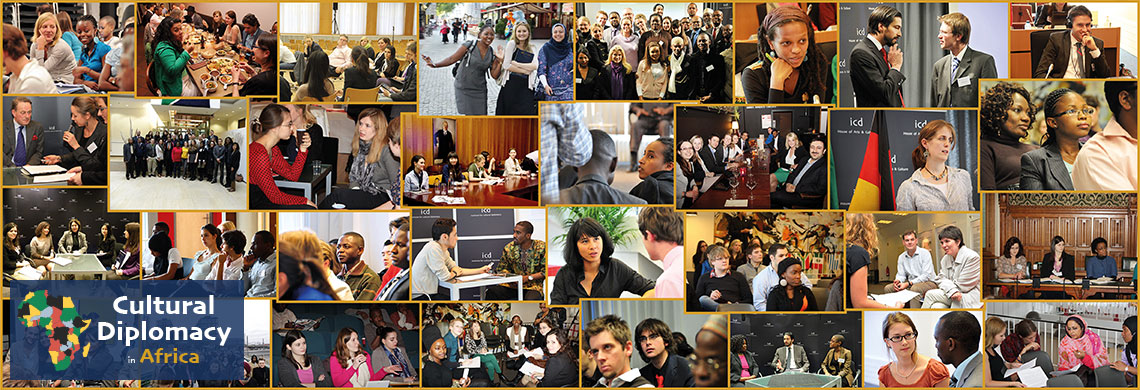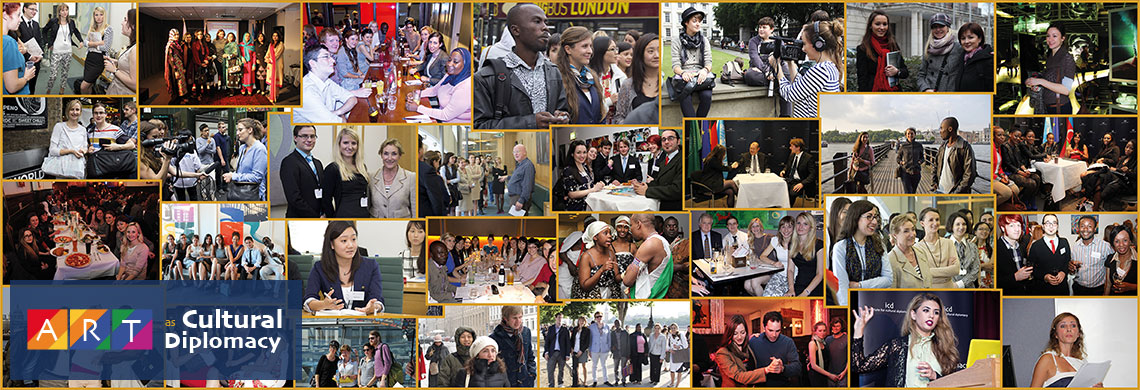Pakistan Meets the USA: A Forum for Young Leaders (PMUSA)
"Fostering a Comprehensive Partnership through Dialogue & Intercultural Understanding"
(Washington D.C., Ottawa; September 12th - 20th, 2021)

Pakistani - US Relations
Introduction
Relations between Pakistan and the US can be dated back to 1947, when Pakistan gained independence from the United Kingdom. The relationship was, from then on,]'] primarily grounded on economic and military assistance from the US and continued to be relatively amicable throughout the Cold War period. Since then, far from being secure, relations between the US and Pakistan have been characterized by inconsistent patterns of tension and collaboration.
The 1979 Soviet invasion of Afghanistan marked an era of intensified cooperation between Pakistan and the US, both of which had vested interests in the containment of the Soviet threat. However, US military assistance to Pakistan was suspended in 1990 in response to the buildup of its nuclear arsenal. Collaboration was fully resumed following the 2001 9/11 terrorist attacks, when Pakistan pledged cooperation with the US in its counterterrorism activities. Bilateral efforts towards security and stability in South Asia were at an all time high and Pakistan proved itself to be an invaluable partner in the ´War on Terror´, having captured more than 600 members of Al Qaeda since 2001. Such efforts led to the US designation of Pakistan as a Major Non-NATO Ally in 2004.
The year 2011 however, witnessed a thawing of relations between Pakistan and the USA. The US drone attacks which killed Osama Bin Laden were regarded by Pakistan as a serious violation of sovereignty and led to a serious deterioration of relations. This was further accentuated by the accidental killing of 24 Pakistani soldiers in a cross-border incident by the NATO security force in Afghanistan. The subsequent closing of the ground lines of communication by Pakistan to the US and NATO cargo led to a significant decrease in US security assistance. The regular flow of assistance was soon resumed but it is clear that 2011 marked an all time low in US-Pakistani relations.
This year however, holds much promise for US-Pakistani relations. The political will demonstrated by the new Pakistani Prime Minister, Nawaz Sharif, and the new US Secretary of State John Kerry is unprecedented and marks a new era in bilateral relations.
Current Spheres of Interest
Political Relationship: John Kerry´s recent visit to Islamabad saw a definitive shift from confrontation to collaboration. Kerry pledged to end the highly controversial drone strikes against militants in the near future, and both parties reaffirmed the provision of essential support to each other's political and regional goals, such as ensuring security, stability and peace in Afghanistan, especially with the rapidly approaching withdrawal of US and Allied Forces in 2014. Kerry stated at the time that "what was important today was that there was a determination to move this relationship to the full partnership that it ought to be, and to find the ways to deal with individual issues that have been irritants over the course of the past years." As such, the harmonious future of the Pakistani-US political relationship seems to be underway.US Assistance to Pakistan: In 2009, the Enhanced Partnership with Pakistan Act was passed by the US Congress, marking a long-term commitment to enhanced relations with Pakistan. In collaboration with the Pakistani government, assistance priorities were delineated to focus on the areas of energy, economic growth, including agriculture, community stabilization of restive areas, education and health. By July 2013, the US had given over $3.55 billion in civilian assistance to Pakistan.
Trade & Investment: Bilateral trade between the two countries exceeded $5 billion in 2012. In addition, the US acts as one of the principal sources of FDI to Pakistan, with $223 million in 2012. Furthermore, the US-Pakistan Business Council acts as a forum for the continuous innovation and strengthening of US-Pakistani economic relations.
Culture: A poll published this year showed that an increasing number of Pakistanis consider the USA an enemy and that 92% disapprove of US leadership. Many commentators have attributed this to a ´trust deficit´ between the two countries. It is for this reason that Cultural Diplomacy must be applied if a durable and fruitful relationship is to be re-established. Miscommunication and stereotypes will hinder any further development of bilateral relationships and thus must be tackled at all levels. One such initiative has taken the form of educational cooperation. Pakistan is currently the largest recipient of the U.S. Educational Foundation's Fulbright Program in the world. Such student exchange programs are key in surpassing governmental talks and familiarizing ordinary citizens of the respective countries with each other. Such efforts must be strengthened and encouraged both at the governmental and the grassroots level.
Conclusion
It is evident that Pakistani-US relations have undergone phases of both collaboration and disengagement. Different periods in history witnessed varying levels of interaction and cooperation. The year 2011 was one of unease and uncertainty in the US-Pakistani relationship. However, recent talks and agreements are signaling the progression of relations into fully-fledged political and economic collaborations.However, economic and political cooperation must not exclude intercultural dialogue if such a relationship is to be beneficial and durable. As shown above, there appears to be a ´trust deficit´ between the two countries. It goes without saying that trust forms the basis of any healthy relationship, whether it is between governments or between ordinary people. Cultural Diplomacy, as a catalyst for such trust, is therefore necessary as an element of bilateral relations and grassroots engagement. This is especially true of the US-Pakistani case, which has involved the resumption of commitment only very recently. If political and economic commitments are coupled with intercultural dialogue, it is reasonable to expect a true prospering of the Pakistani-US relationship in the near future.

